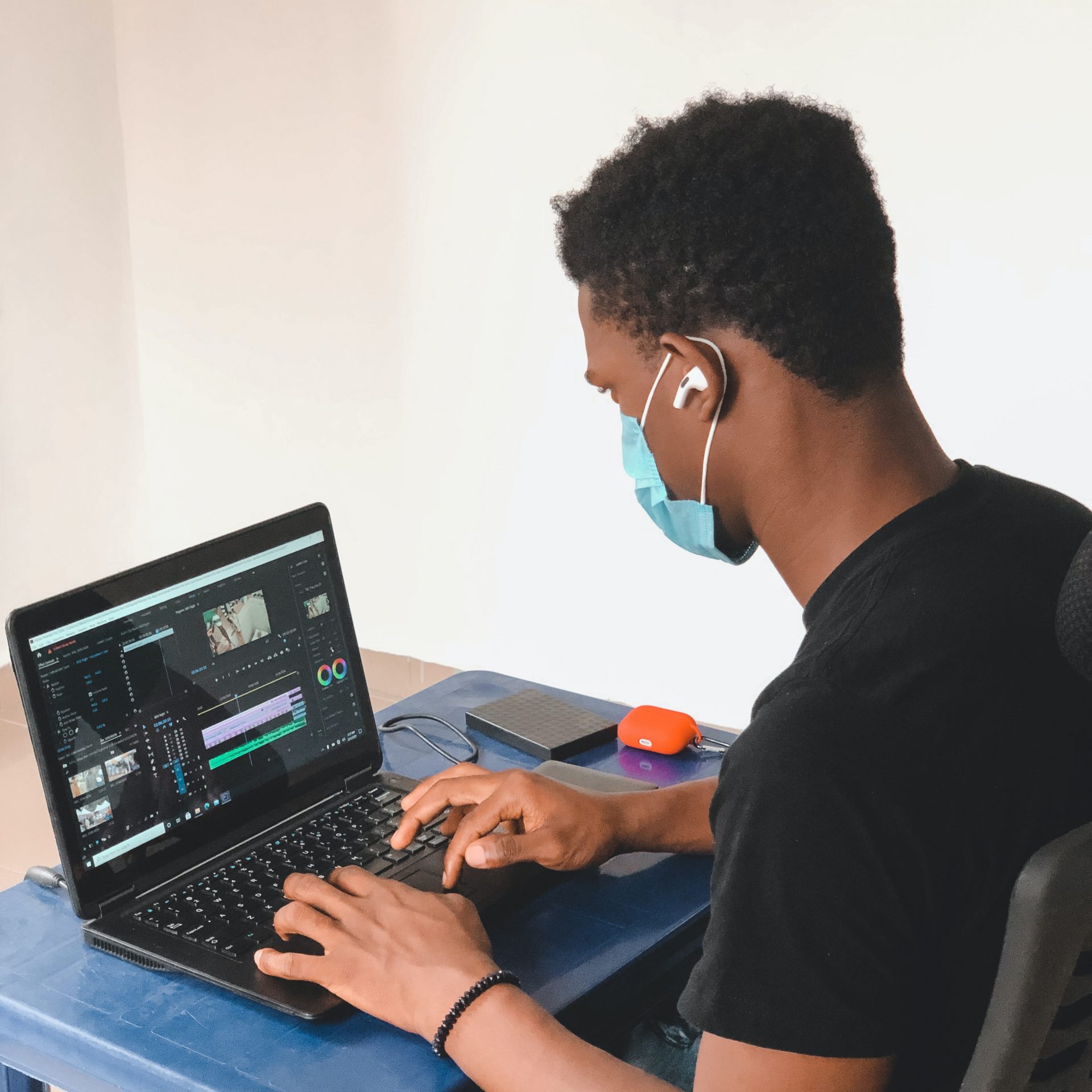To succeed in life, become a leader and help others become leaders, too.
–Noel M. TichyEffective leadership entails many components and one of the most important ones, sometimes overlooked or not viewed as a priority, is committing sufficient time to develop and inspire others to strengthen their leadership skills and abilities.
Think about it – what organization or workplace would not benefit by building bench-strength, with the side benefits of increasing satisfaction levels and employee engagement while increasing results?
If the majority of your workforce feels their position is career related and not just a job, there’s a great likelihood they want to develop and grow. Jobs and careers differ with one of the major differences being that those viewing their position as a career often have professional goals. They want more!
As a leader, hopefully you share yours and your organization’s vision, mission and goals annually and also request them from your team members. What are the gaps that need to be filled? Is development planning jointly determined? Do you provide the time and financial resources to address them?
A Gallup poll reported that “opportunities to learn and grow” was one of the top three factors in retaining millennials and for attracting new applicants. In today’s work culture, the ability to hire the right person for the right job is becoming increasingly difficult. Competition is stiff with an abundance of opportunity. It’s up to us as leaders to:
- consistently provide growth opportunities
- address skill gaps so company productivity is not hindered
- increase employee/team engagement to reduce attrition
- encourage mentor/mentee relationships
- invest in our people!
By investing in development, we as leaders create a culture that inspires new ideas, instills a desire to grow professionally, with an increase in results. How are you supporting the concept of “Leaders Developing Leaders“?
Could you do more?
The single biggest way to impact an organization is to focus on
leadership development.
–John C. Maxwell




